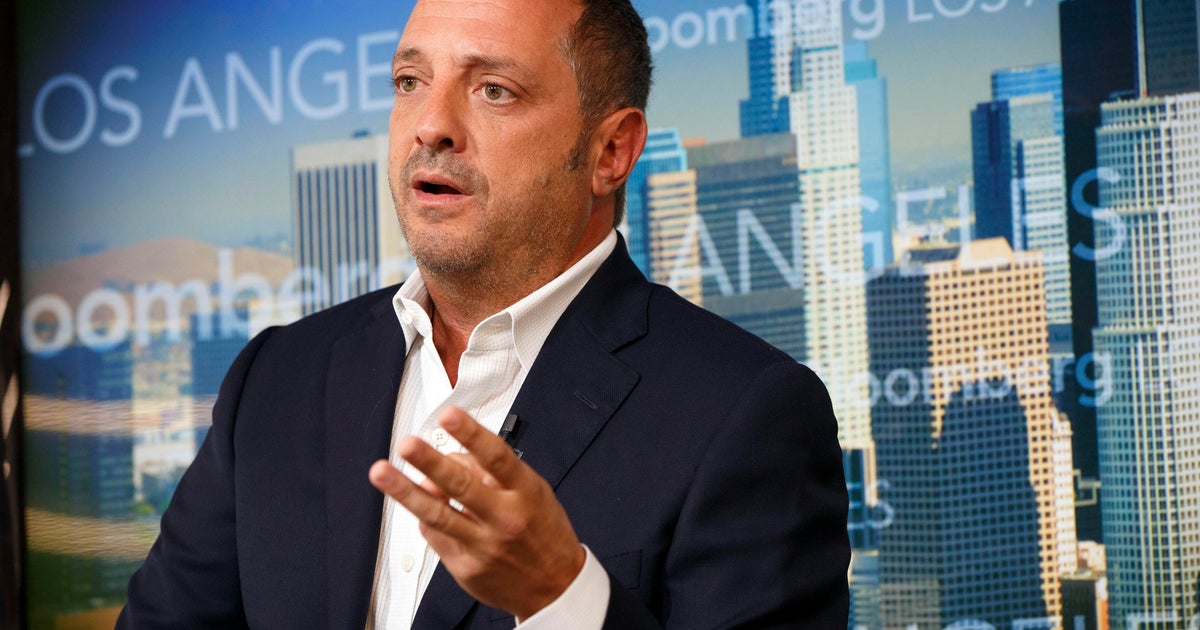Space tourism era ready for unofficial liftoff with Jeff Bezos and Richard Branson on competing flights
The era of space tourism is set to soar, with highly symbolic flights by rivals Virgin Galactic and Blue Origin scheduled just days apart.
Virgin Galactic — founded by flamboyant British billionaire Sir Richard Branson — is planning for a July 11 space flight. Blue Origin — started by Jeff Bezos of Amazon fame — is set to blast off on July 20.
The two companies will serve the nascent market for suborbital flights lasting just a few minutes, long enough for passengers to experience weightlessness and view the contour of the planet.
But that's where their similarity ends.
Branson, who heads the Virgin Group conglomerate that includes everything from entertainment to financial services to telecoms, founded Virgin Galactic in 2004. He's set his sights on the stars as he prepares for liftoff on his first space flight.
The 70-year-old's previous daredevil exploits include crossing the Pacific in a hot-air balloon and navigating the English Channel in an amphibious vehicle.
Bezos is 57 years old and the world's richest man. A science fiction fan, he founded Blue Origin in 2000 and recently stepped down as Amazon CEO to focus on space projects and other endeavors.
He says his younger brother, Mark Bezos, will be among those accompanying him on the flight.
The spacecraft developed by the two companies couldn't be more different.
Virgin Galactic's isn't a classic rocket. It's attached to the belly of a large carrier airplane that takes off from a runway.
After an hour, the plane reaches an altitude high enough to release the smaller spacecraft, the VSS Unity, which in turn fires its engines and reaches suborbital space — where passengers float weightlessly for a few minutes — then glides back to Earth.
The spacecraft can accommodate two pilots and up to six passengers. The cabin has 12 large windows and 16 cameras.
Blue Origin, in contrast, is more of a classic rocket experience, with a vertical blast-off that accelerates to more than Mach 3, or three times the force of Earth's gravity.
Once it reaches the proper altitude, a capsule separates from the booster and then spends four minutes at an altitude exceeding 60 miles, during which those on board experience weightlessness and can observe the curvature of Earth.
The booster lands autonomously on a pad two miles from the launch site and the capsule floats back to the surface with three large parachutes that slow it down to about a mile per hour when it lands.
The capsule has six seats and six large windows.
Virgin Galactic plans to start regular commercial operations in early 2022, and is aiming to carry out 400 flights per year from Spaceport America, its base in New Mexico.
Some 600 tickets have already been sold, including to Hollywood celebrities, for prices ranging between $200,000 and $250,000. Tickets are expected to be even more expensive when they go on sale to the public.
Blue Origin has yet to announce ticket prices or a date for the start of commercial operations. But a seat for the July 20 flight was sold an auction — and the mysterious winner paid $28 million.





